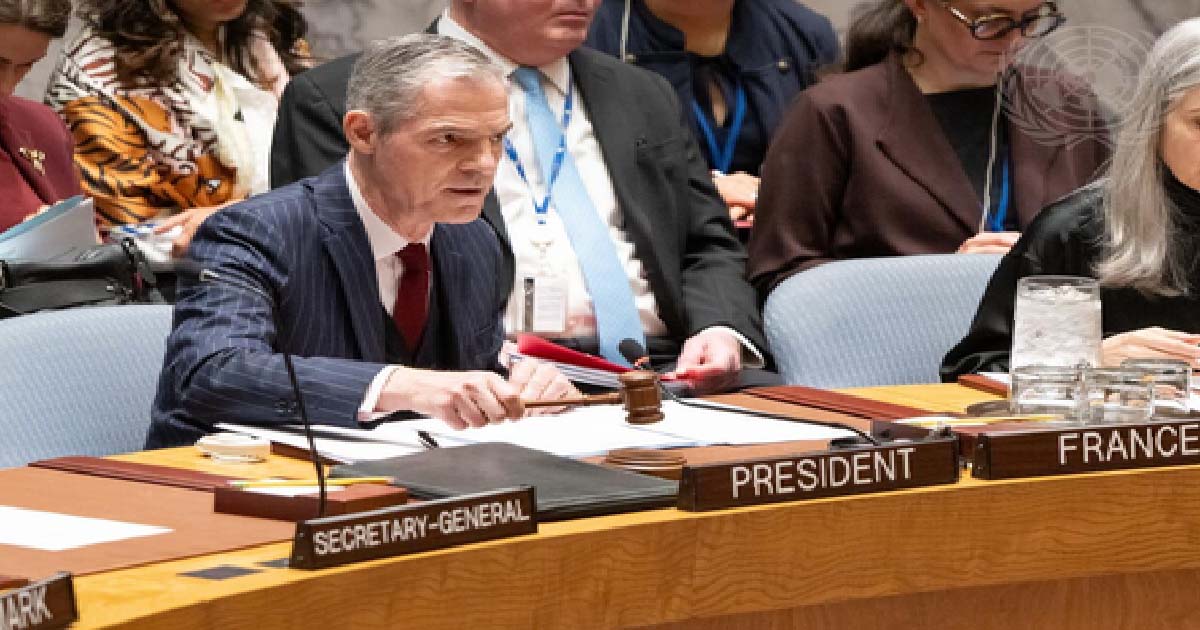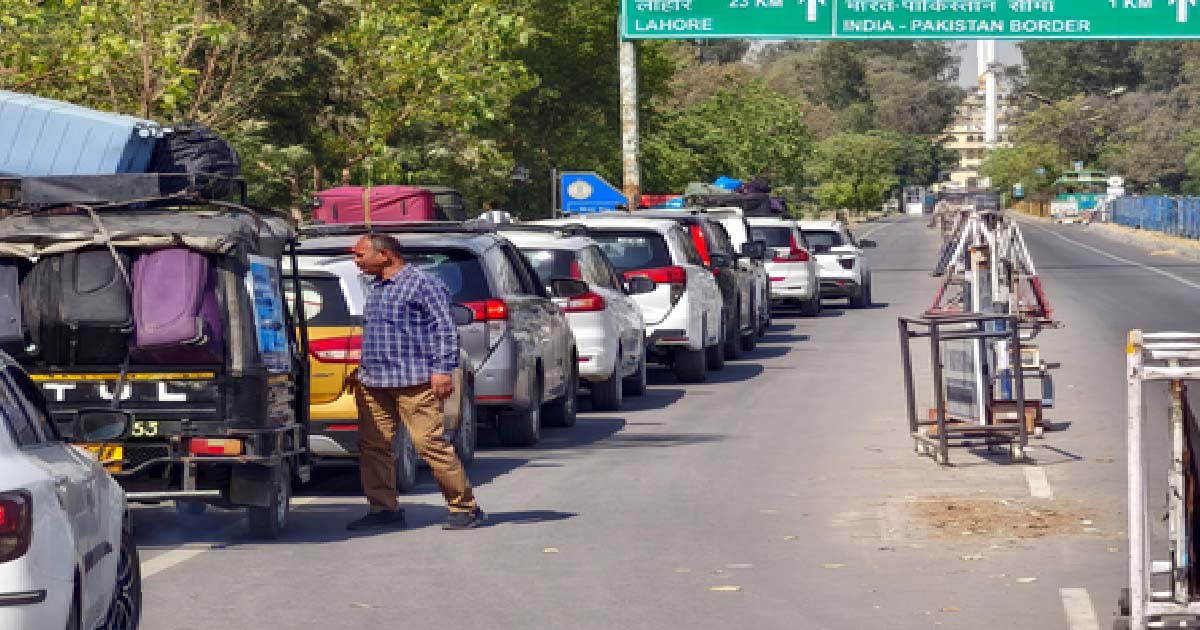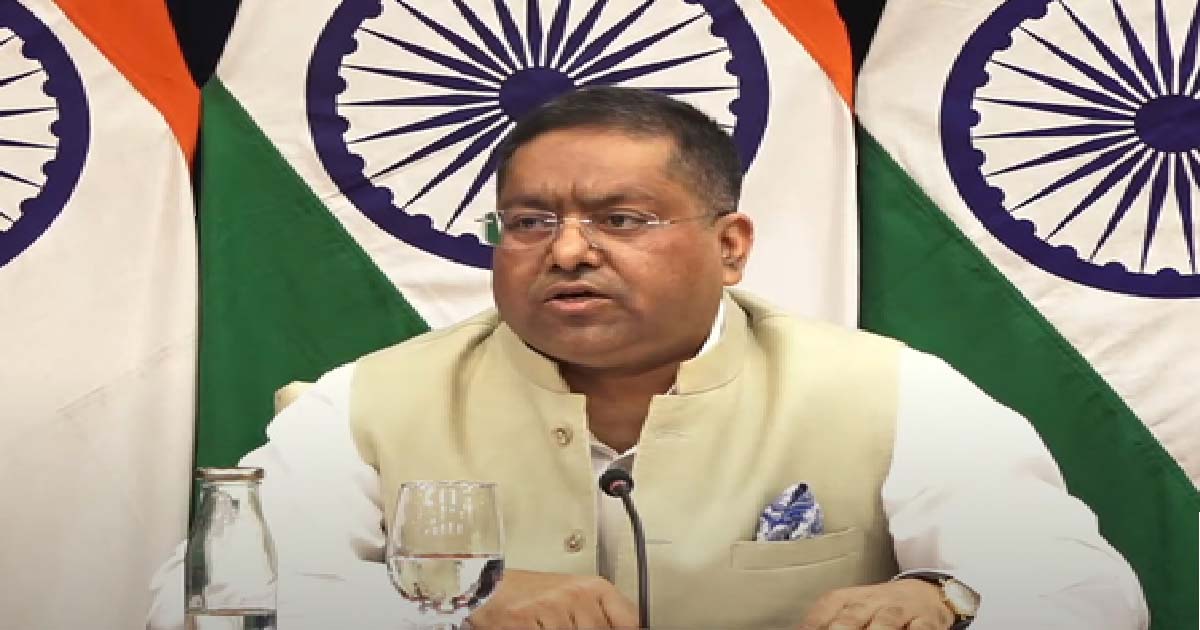International
CLOSE-IN: India’s dual cricket captaincy policy could be a cultural Issue
The appointment of Rohit Sharma as the limited-overs cricket captain and Virat Kohli for Test matches is an interesting concept being finally adopted by India. England and Australia have been able to do so quite successfully. However, their culture and way of living are quite different from the Indian way of thinking and behavior pattern.
India has historically been a country where one respects and follows a ruler or a leader. The joint-family tradition maybe dwindling gradually, but, the head of the family is still the autocratic and authoritative head as far as religious and other functions are concerned.
The famous words “we are like this only” is particularly apt for the Indians. India has thrived under great leaders in every sphere of its existence. The issues that have over centuries been created and been unsuccessful have only cropped up when a powerful leader was missing. India may be the largest democracy in the world, but one has seen progress only when it is led by a strong and vibrant leader.
Indian cricket has also gone in a similar vein as regards the captaincy. The pre-Independence and the decade after did not have an established captain. The 60s was when Nawab Mansur Ali Khan of Pataudi was given the reins that India finally had a powerful leader at the helm.
He led India for over a decade and because of it, he could establish systems, strategies as well as identify skilled players to form a constructive Indian unit. He always said that getting an Indian team together and making them focused and mentally prepared was his biggest challenge.
The variables that India faces due to diversity of religions, customs, languages, social status and innumerable other cultural differences makes an Indian cricket side a difficult side to blend together. In the last two decades, Sourav Ganguly and Mahendra Singh Dhoni, from two diverse cultural upbringings did manage to break this barrier to a certain extent.
The Zonal divide and cultural differences that had crept into Indian cricket were fortunately buried under these two powerful captains. Both of them were strong individuals who managed this transformation because they could get the support from their fellow cricketers and the management as well.
This reminds me of a famous discussion at a TCS event between the now head of the Tata Empire, N. Chandrasekaran and Rahul Dravid. Chandra, as he is popularly called, asked Dravid as to how he managed to effectively lead an Indian side with players from different parts of India and as to how he managed to communicate with them.
The astute Dravid had a ready reply and said, “Chandra, I just have to look after 11 cricketers on the field, but you have 350,000 people working at TCS and therefore, I should be asking you as how you do it.” Here were two individuals respected, proven and accomplished leaders in their field and they showed that they were still uncertain about tackling major diversity issues that still haunt India.
This brings one back to the present situation of the Indian side being led by two individuals in the two different formats of the game. In the recent past, Sachin Tendulkar, Rahul Dravid, Anil Kumble did relinquish their captaincy but they did so entirely and played all the formats as players. They became the mentors and wisdom bearers of the side and ones whom colleagues could interact with freely and honestly.
Cricket played in any format is a team game. A leader or a captain has his likes and dislikes. This is inevitable in all walks of life. In India, to have two leaders will always have that element of doubt in the minds of the players. This may lead to two distinct camps of pros and cons regarding Rohit and Virat. Nearly 80 per cent of the side is players who play both the formats of the game and so the loyalty factor will come very strongly into force.
Both Rohit and Virat have different personalities and the way they perceive leading the team. This is where a strong leader normally establishes his thought process and approach towards the game. How this will turn out in the long run for Indian cricket is a million-dollar question.
Virat Kohli’s stepping down from captaining the T20 team was to enable him to concentrate better as a leader in the One-day internationals as well as in Test matches. Being eased out of captaining the ODIs, one felt, was not in his itinerary, especially, with the World Cup coming up in 2023.
Although Kohli relishes and is the biggest promoter of Test cricket, the long-drawn format is not one with the glamorous quotient attached to it. He may gradually fade away as a leader in the eyes of the millions of Indian cricket followers and lose the aggressive and assertive nature one identifies him with.
The bio-secure bubble that has been enforced due to the Covid Omicron virus threat for teams to be confined in, may not be the ideal solution for the captaincy changes of the Indian side.
Rahul Dravid, the Indian coach, has a very tricky and important task on hand. One hopes he did finally get the correct solution and reply as to how to marry the many diverse and cultural issues that may arise from the successful Tata leader, N.Chandrasekaran.
This, one feels, only time will tell.
International
UNSC asks all countries to cooperate in bringing Pahalgam terrorists, backers to justice

United Nations, April 26: The Security Council has “condemned in the strongest terms” the Pahalgam terrorist attack and urged all countries to cooperate in bringing all those involved in the massacre, to justice.
The members of the Security Council “stressed that those responsible for these killings should be held accountable, and urged all States, in accordance with their obligations under international law and relevant Security Council resolutions, to cooperate actively with all relevant authorities in this regard”, Council President Jerome Bonnafont said in a Press statement on Friday.
A front organisation of the Pakistan-based terrorist group Laskhar-e-Tayiba has owned responsibility for the attack.
The statement issued by France’s Permanent Representative Bonnafont who is the Council president for this month, took a broad view of those involved in the massacre by including the financiers and sponsors.
“The members of the Security Council underlined the need to hold perpetrators, organisers, financiers and sponsors of this reprehensible act of terrorism accountable and bring them to justice”, the statement said.
Pakistan, which is on the Council as an elected member, went along with the other members in endorsing the statement, committing itself – at least on paper – to bringing those involved to justice.
A Press statement expresses the consensus of the Council and carries moral authority, while not being legally binding like a resolution.
The statement also shot down the attempts by some in Pakistan to give terrorist attacks a veneer of justification.
“The members of the Security Council reiterated that any acts of terrorism are criminal and unjustifiable, regardless of their motivation, wherever, whenever and by whomsoever committed”, it said.
The Council members “reaffirmed the need for all States to combat by all means, in accordance with the Charter of the United Nations and other obligations under international law, including international human rights law, international refugee law and international humanitarian law, threats to international peace and security caused by terrorist acts”, the statement added.
Earlier, the spokesperson for Secretary-General Antonio Guterres hinted that a diplomatic effort by him may be afoot.
Asked by a reporter, if Guterres would speak to leaders of India and Pakistan, Spokesperson Stephane Dujarric said that he hoped to have something to share on that later.
Reiterating the condemnation of the terrorist attacks, Dujarric said, “We again urge both the Government of India and the Government of Pakistan to exercise maximum restraint to ensure the situation does not deteriorate further.”
When a reporter asserted that the possibility that “two nuclear countries” might “go to war” was getting insufficient attention, Dujarric said, “I don’t agree with your comment. We are paying very close attention to the situation between India and Pakistan.”
International
Wagah-Attari border closure leaves several families in limbo

Islamabad, April 25: Pakistan and India’s decision to shut down the Wagah-Attari border crossing after the deadly Pahalgam terror attack has forced several citizens from both countries to cut short their visit and rush back home.
On Thursday, after both countries announced closure of border crossing and gave a deadline for citizens to leave for their respective countries, at least 28 Pakistanis nationals returned from India while 105 Indian citizens in Pakistan crossed over into India.
A Hindu family from Balochistan’s Sibi was reportedly denied entry into India after the closure of border crossing.
“We were on our way to Indore in Madhya Pradesh to attend a wedding. Seven members of our family were excited to join our relatives in India and take part in the celebrations. But upon reaching Wagah, we learned that the border had been sealed. We will spend the night at Dera Sahib in Lahore and head back home tomorrow,” said Akshay Kumar.
Meanwhile, a Sikh family from India, in Pakistan to attend a wedding, decided to leave for India immediately.
“We had come to Pakistan for a wedding. While the ceremony took place, several important rituals remained. Once we heard the border was closed, we decided to return immediately,” said Raminder Singh, an Indian national.
A Hindu family from Ghotki in Pakistan’s Sindh province, now residing in New Delhi, was visiting Pakistan for the last two months to meet their relatives. However, they are now unsure about getting permission to return to India.
“There are five of us, including my young son and daughter, uncle and aunt. We all hold Pakistani passports and were granted No Obligation to Return to India (NORI) certificate by India. But uncertainty looms now, said a family member named Indira.
“Families with cross-border ties often bear the brunt of rising tensions between the two neighbours. With tensions between Pakistan and India once again on the rise, human connections across borders are becoming the first casualty,” said Asif Memood, a Lahore-based journalist.
“The closure of the Wagah-Attari border has left many families in limbo, uncertain when they will next reunite with their loved ones,” he added.
International
Murder of Hindu leader: India slams Bangladesh, says killing follows pattern of systematic persecution of Hindu minorities

New Delhi, April 19: India on Saturday issued a sharp condemnation of the abduction and brutal killing of Bhabesh Chandra Roy, a prominent Hindu community leader in northern Bangladesh, calling it part of a “pattern of systematic persecution” of minorities under the country’s interim government.
Ministry of External Affairs (MEA) spokesperson Randhir Jaiswal voiced India’s grave concern, stating that the incident reflects an alarming trend of targetted violence against Hindus and other minority groups in Bangladesh.
“We have noted with distress the abduction and brutal killing of Shri Bhabesh Chandra Roy, a Hindu minority leader in Bangladesh. This killing follows a pattern of systematic persecution of Hindu minorities under the interim government, even as the perpetrators of previous such events roam with impunity,” Jaiswal said in a post on social media platform X.
He added, “We condemn this incident and once again remind the interim government to live up to its responsibility of protecting all minorities, including Hindus, without inventing excuses or making distinctions.”
India has previously expressed similar concerns over rising attacks on minorities in Bangladesh, but this latest incident has drawn particular attention due to Roy’s prominence in the Hindu community.
Roy, who served as the Vice-President of the Biral unit of the Bangladesh Puja Udjapan Parishad, was abducted from his residence in Dinajpur district on Thursday evening. According to police and family accounts, he received a phone call around 4:30 p.m., after which four unidentified men arrived on motorcycles and forcibly took him to Narabari village. He was reportedly assaulted and later found unconscious. He was rushed to a hospital in Dinajpur, where he was declared dead on arrival. His wife, Shantana Roy believes the attackers used the call to confirm his location before carrying out the abduction.
Opposition leaders in India also slammed the shocking incident in the neighbouring country.
Congress President Mallikarjun Kharge highlighted that religious minorities, especially Hindus, are being persecuted in Bangladesh.
“Attacks on other religious minorities are also continuing. Recently, the Chief Advisor of Bangladesh made a very condemnable and disappointing comment about the northeastern states of India. The persecution of religious minorities in Bangladesh, human rights violations, and the attempt to erase the memories of the 1971 Liberation War are efforts to weaken the relationship between India and Bangladesh. From 1971 till today, India has always wished for peace and prosperity for all the people of Bangladesh. This is in the best interest of the subcontinent,” he said.
-

 Crime3 years ago
Crime3 years agoClass 10 student jumps to death in Jaipur
-

 Maharashtra1 year ago
Maharashtra1 year agoMumbai Local Train Update: Central Railway’s New Timetable Comes Into Effect; Check Full List Of Revised Timings & Stations
-

 Maharashtra1 year ago
Maharashtra1 year agoMumbai To Go Toll-Free Tonight! Maharashtra Govt Announces Complete Toll Waiver For Light Motor Vehicles At All 5 Entry Points Of City
-

 Maharashtra1 year ago
Maharashtra1 year agoFalse photo of Imtiaz Jaleel’s rally, exposing the fooling conspiracy
-

 National News1 year ago
National News1 year agoMinistry of Railways rolls out Special Drive 4.0 with focus on digitisation, cleanliness, inclusiveness and grievance redressal
-

 Maharashtra1 year ago
Maharashtra1 year agoMaharashtra Elections 2024: Mumbai Metro & BEST Services Extended Till Midnight On Voting Day
-

 National News1 year ago
National News1 year agoJ&K: 4 Jawans Killed, 28 Injured After Bus Carrying BSF Personnel For Poll Duty Falls Into Gorge In Budgam; Terrifying Visuals Surface
-

 Crime1 year ago
Crime1 year agoBaba Siddique Murder: Mumbai Police Unable To Get Lawrence Bishnoi Custody Due To Home Ministry Order, Says Report












